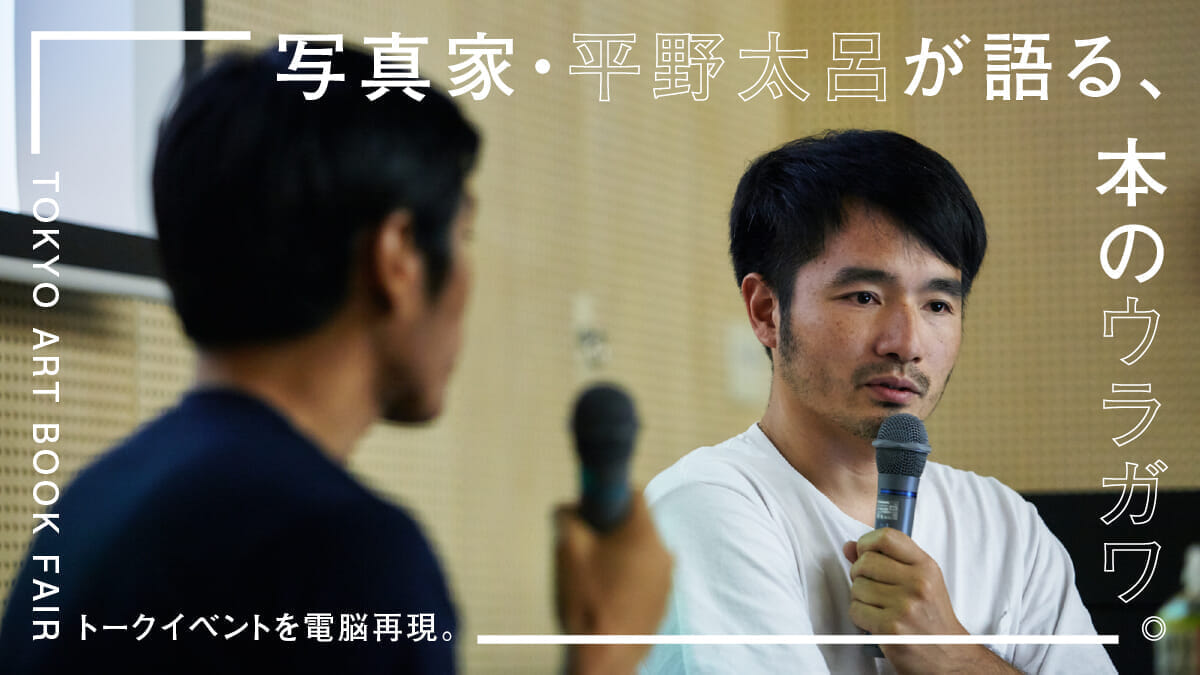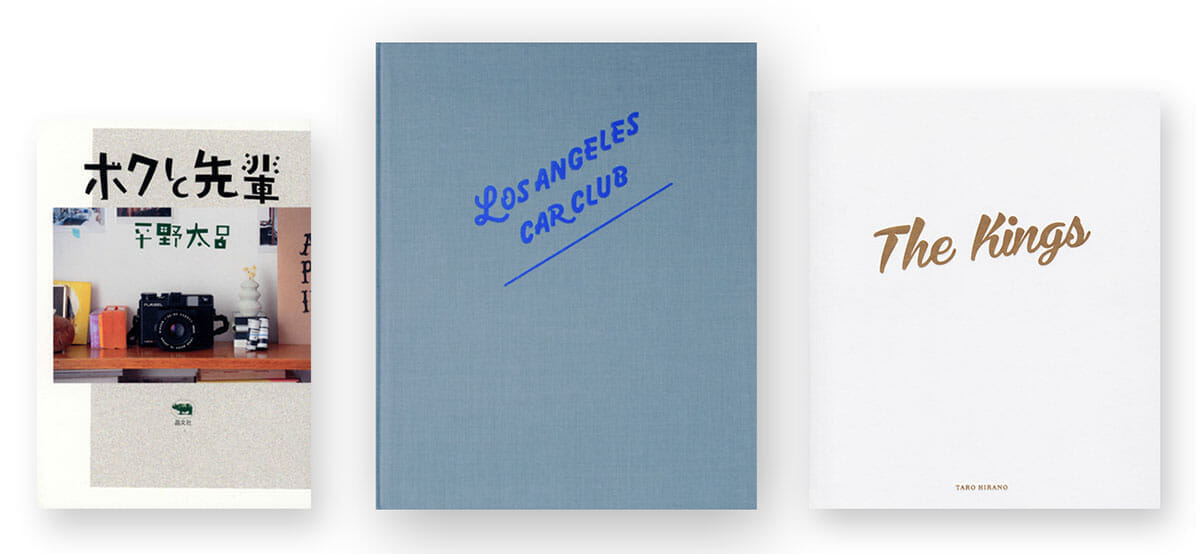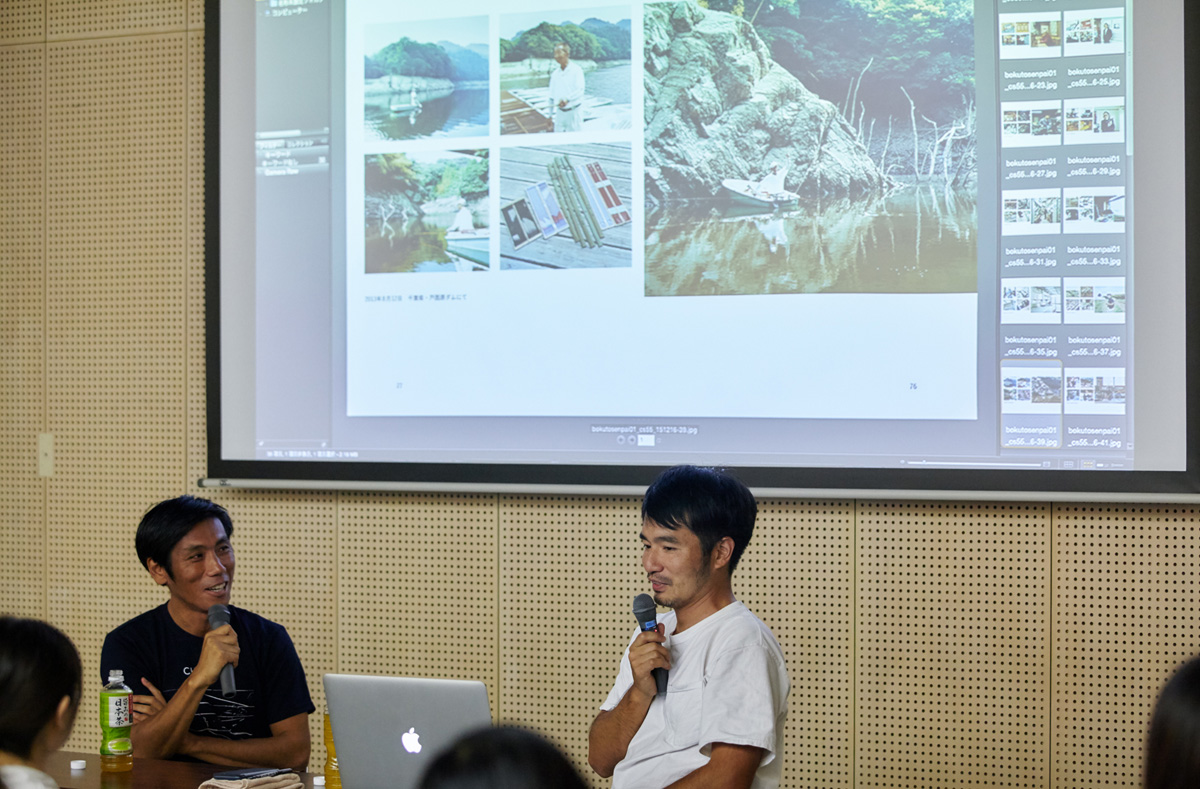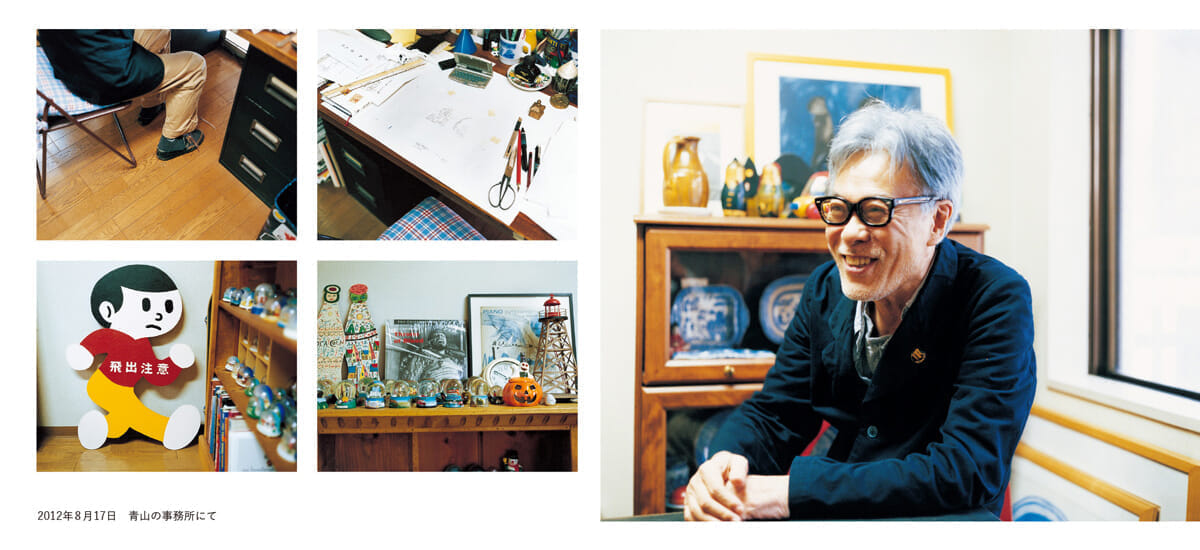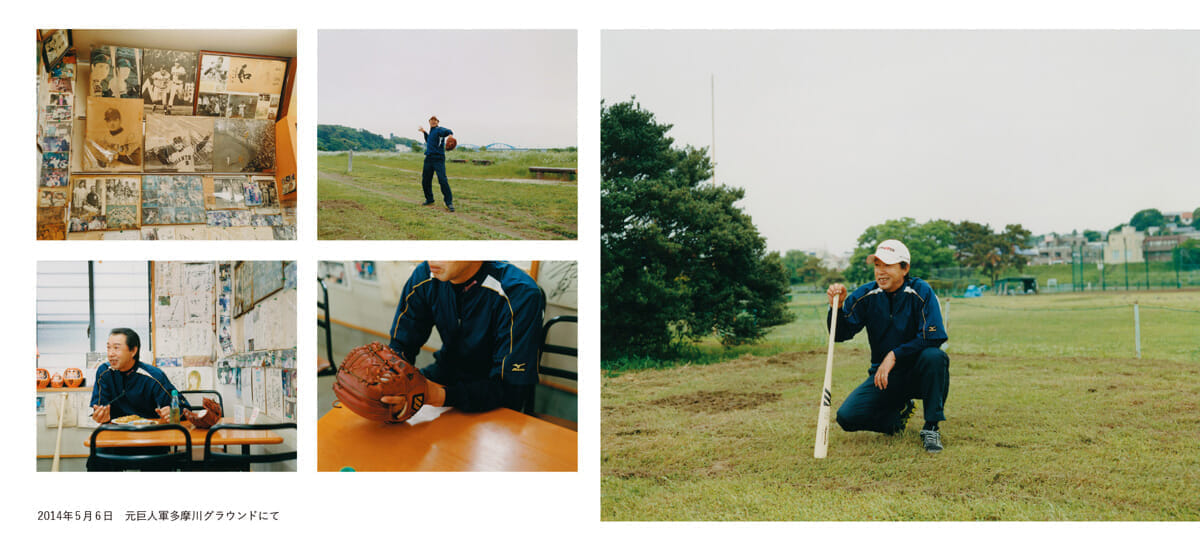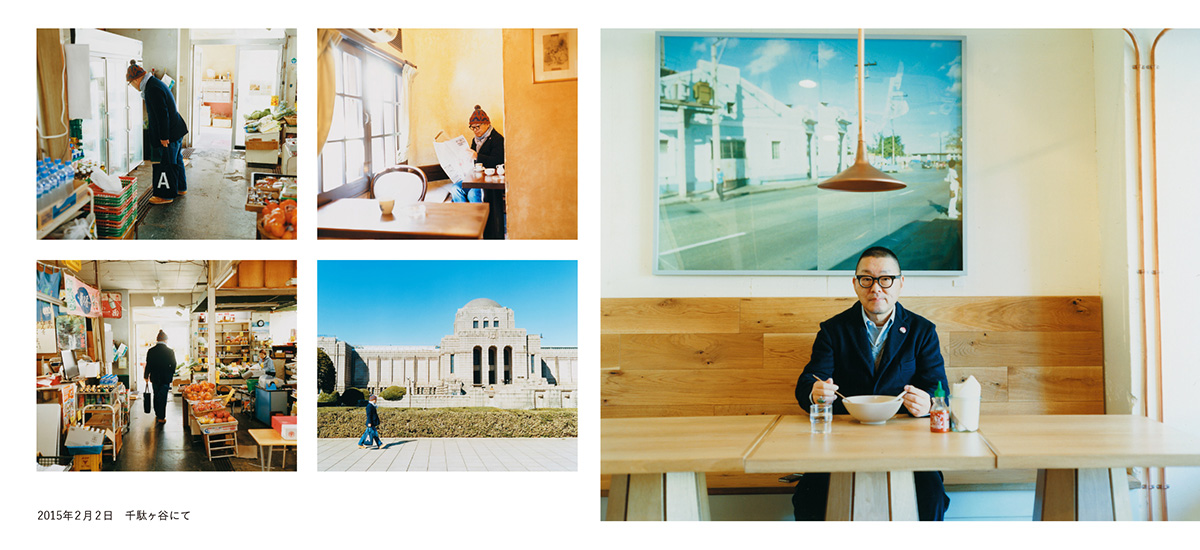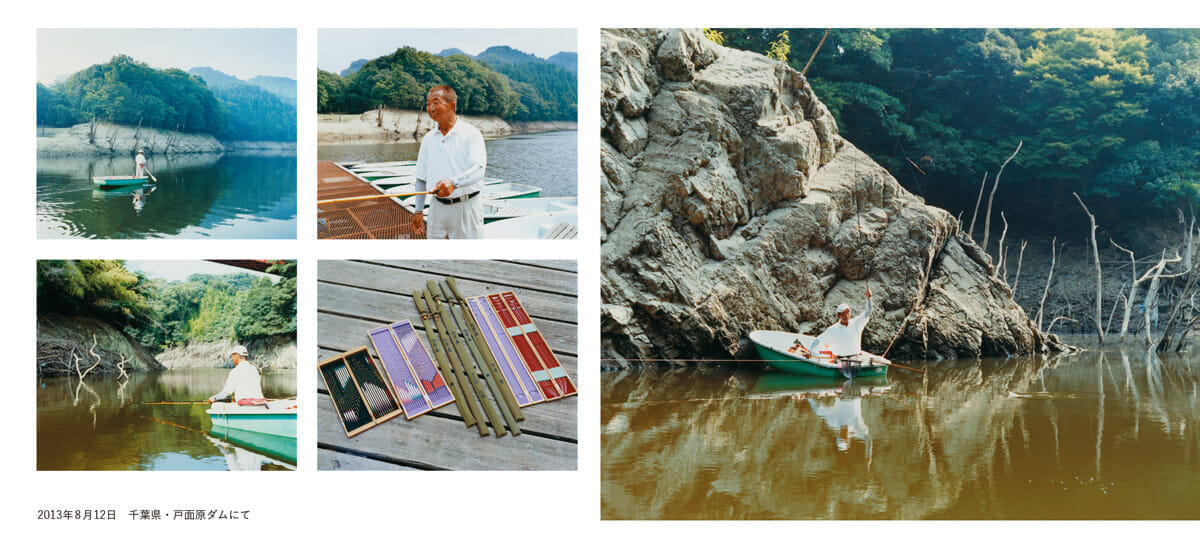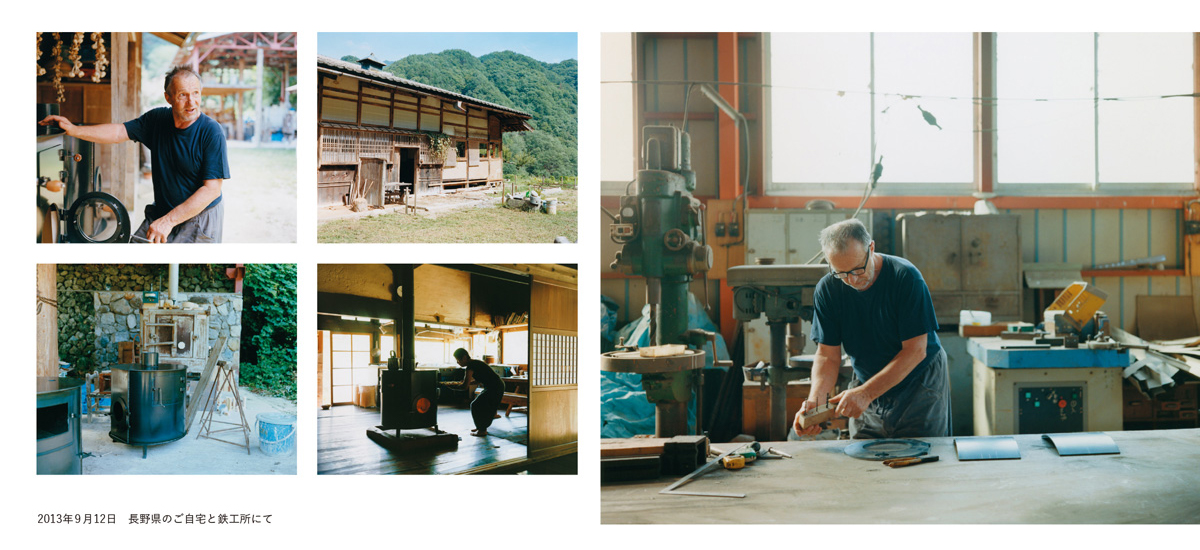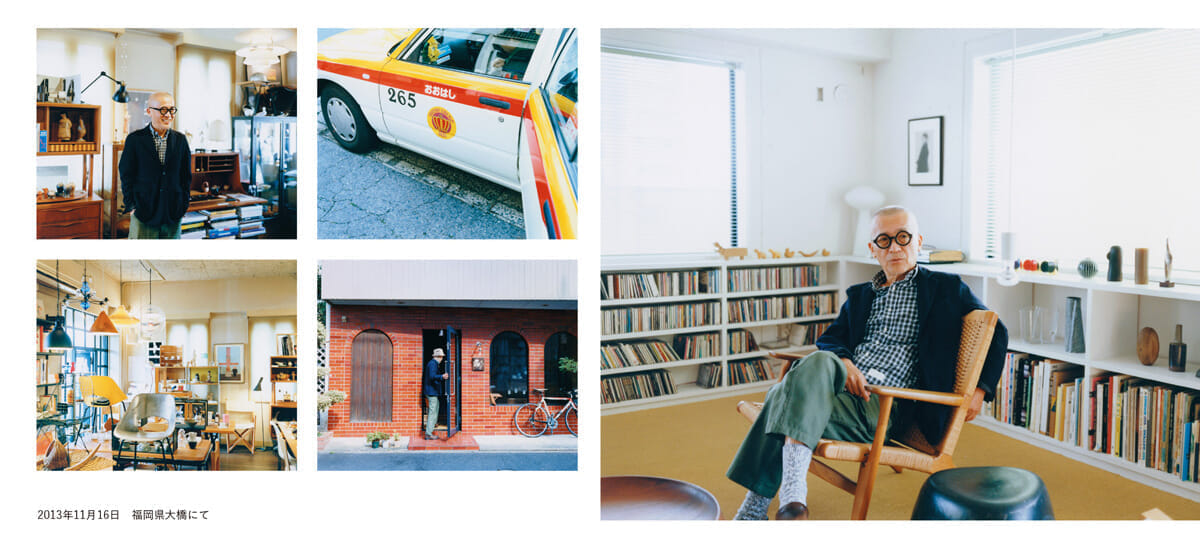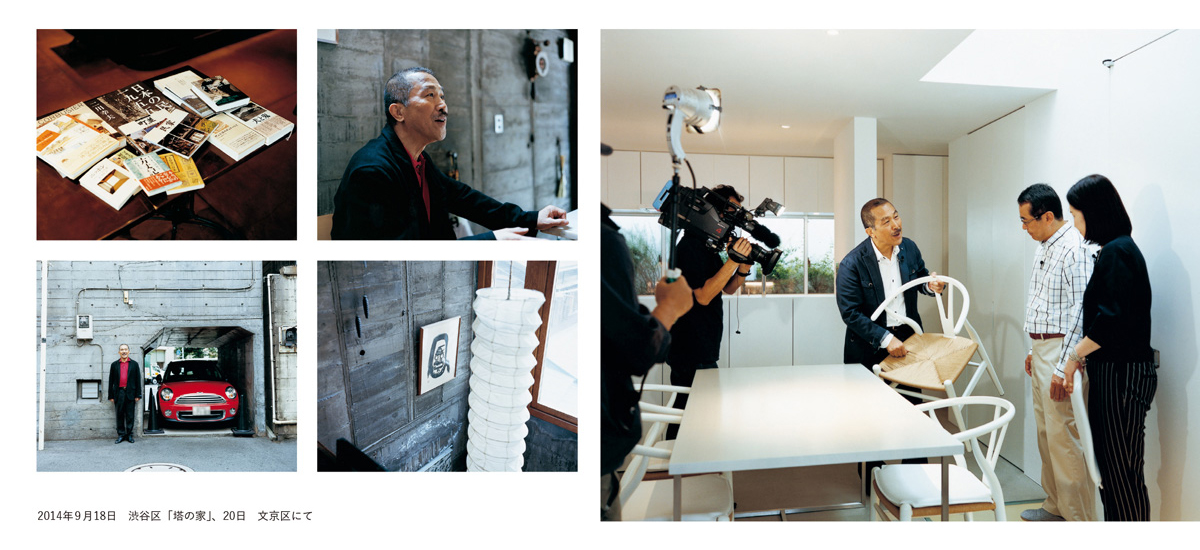Plain:This is Mr. Watanabe. That was really interesting.
Muraoka:It's kind of like being a TV person.
Plain:Yes, that's right. Oh, this , the picture on the right is already at Mr. Watanabe's service. Did you get the shot?" And then he says, "Well, I'll lift up this wai-chair," and then he says, "This wai-chair is nice. You are talking to me properly, right? What really surprised me was that Mr. Watanabe's car arrived right in front of the house, but the crew already had the camera ready before it arrived, and when Mr. Watanabe got out and looked at the building and said, "Wow..." the camera was already rolling. . I was so surprised. I went to the meeting time, which was just when the recording was about to start, and I arrived almost at the same time as Mr. Watanabe, and he was already rolling! I was like, "It's already rolling! It was really amazing.
Muraoka:Why was it Mr. Watanabe in the first place?
Plain:I love "Tatemono Sansha" (TV program), and the time slot has changed a lot so far, but it used to be on at about 10:30 in the morning, and I used to love watching it at 10:30 in the morning. Well, he's like my favorite uncle (laughs) , square-cropped and bearded. I really like his voice, and he seems like the ideal uncle.
Muraoka:. like this Elvis book, I guess I kind of like uncles after all. For example, there are all kinds of grandfathers, right?
Plain:That may be so. I grew up fishing for coleoptera, and fishing for coleoptera involves a lot of time spent with your uncle. I was in elementary school, and I was surrounded by my uncle every week, so I guess I feel very much at home with him.
Muraoka:(As for Mr. Hirano's background), he said that before he was a skater, he fished for coelenterates.
Plain:Yes, that's right. That's what this Series is about, isn't it? Popeye may not be looking for something like that (laughs).
Muraoka:But I wonder if that is actually connected to the sense of stillness, with the skaters coming after the helabana.
Plain:I think you may be right. Nice uncle senior, nice.
